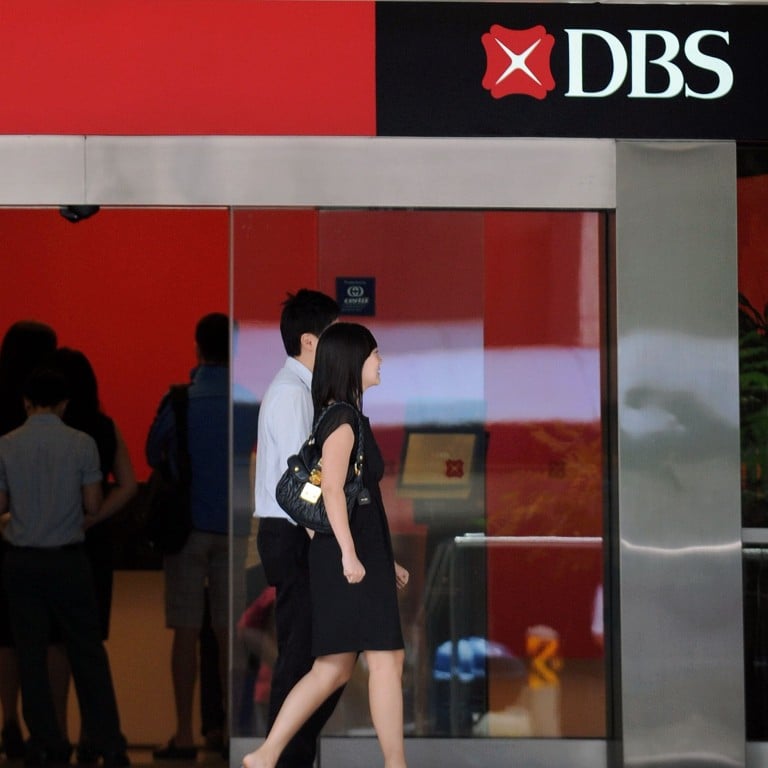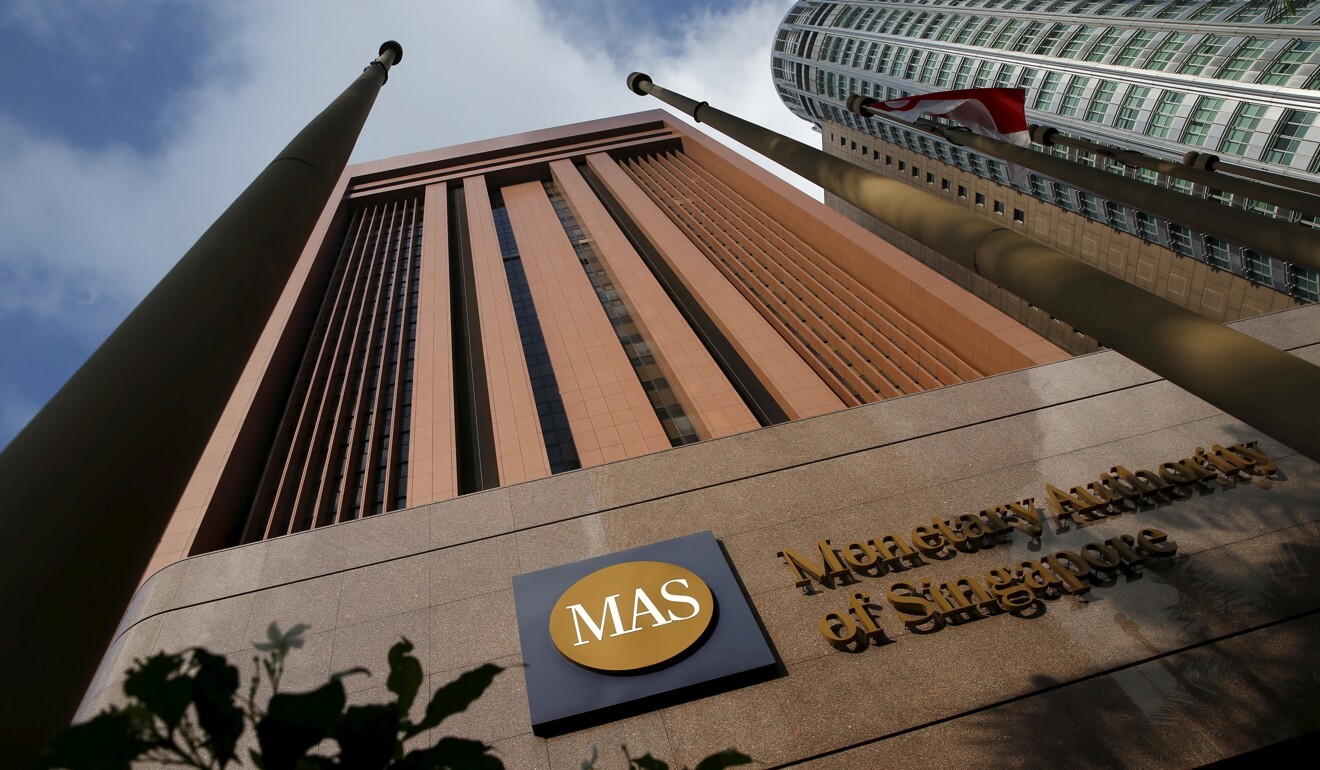
Singapore gives cryptocurrency licences to DBS unit, Australia’s Independent Reserve
- The companies received formal approval from Singapore’s central bank to provide digital payment token services as a major payment institution
- The approval for Southeast Asia’s largest lender is seen as key to show how the MAS will regulate a sector that’s seen as risky and open to money laundering
Singapore has granted licences to the brokerage arm of DBS Bank Ltd and Australian cryptocurrency exchange Independent Reserve to offer digital payment token services, building on the city state’s status as a crypto hub.
DBS Vickers received formal approval from the Monetary Authority of Singapore to provide digital payment token services as a major payment institution, it said in a statement on Friday.
Independent Reserve also received the same licence, it said in a separate statement.
Singapore tells Binance to stop payment services over possible law breach
The approval for Southeast Asia’s largest lender is seen as key to show how the MAS will regulate the sector that’s seen as risky and open to money laundering.
The licence will enable DBS Vickers, as a member of DBS Digital Exchange, to directly support asset managers and companies to trade in digital payment tokens through DDEx.
The approval “coupled with recent enhancements to DDEx such as round the-clock operations since August, could add to DDEx’s volumes in the coming months and accelerate growth momentum for DBS’ digital asset ecosystem”, DBS’ head of capital markets Eng-Kwok Seat Moey, who also chairs the exchange, said in the statement.
DBS’ digital exchange, introduced in December, expects to double the number of participants to 1,000 and to grow its base by 20 to 30 per cent annually for the next three years.
The exchange is for institutional investors and qualified individuals, including clients of its DBS Vickers securities unit and its private bank. It offers exchange services between Singapore, US and Hong Kong dollars, as well as the yen, and bitcoin, Ether, bitcoin cash and XRP.
Independent Reserve, which was founded in Australia in 2013, set up its first overseas operations in Singapore in 2019 to provide digital asset exchange and over-the-counter trading services to people and institutions.
It provides US dollar, Singapore dollar, Australian dollar and New Zealand dollar fiat-to-crypto trading pairs.

Meanwhile, the MAS on Friday said it would create a digital platform enabling banks to share information on customers and transactions, part of efforts to prevent money laundering and financing of criminal activity.
The central bank said in a statement that it planned to launch the platform in the first half of 2023 and make it available to the city state’s six biggest commercial banks in the initial phase.
Financial and trade hubs like Singapore are particularly vulnerable to money laundering due to large cross-border flows.
“The information-sharing framework is designed to target serious criminal behaviours and allow financial institutions to more quickly detect the bad actors to purge and deter them,” Loo Siew Yee, MAS assistant managing director for policy payments and financial crime, said in a statement.
Singapore to step up crackdown on money laundering to cement financial hub status
Described by the MAS as the first centralised platform of its kind, the initiative was the result of cooperation between the MAS and DBS, OCBC, United Overseas Bank, Standard Chartered Bank, Citibank and HSBC.
The MAS said a common challenge faced by financial institutions was not being able to warn each other about unusual activity in customers’ accounts.
In 2015, Singapore discovered that funds linked to the scandal-ridden Malaysian state fund 1MDB were laundered through its banking system. The MAS shut down the local units of two Swiss private banks in 2016, froze millions of dollars in bank accounts, charged private bankers and imposed fines on banks.
“Bad actors in financial crimes typically use bank accounts from different banks over a period of time to hide and spend the illicit funds,” said Loretta Yuen, head of group legal and regulatory compliance at OCBC Bank.
“By sharing data and information of suspicious accounts at the first instance on a common platform, it will send red flags quickly across the network to stop other banks from being used for financial crimes,” she said.


